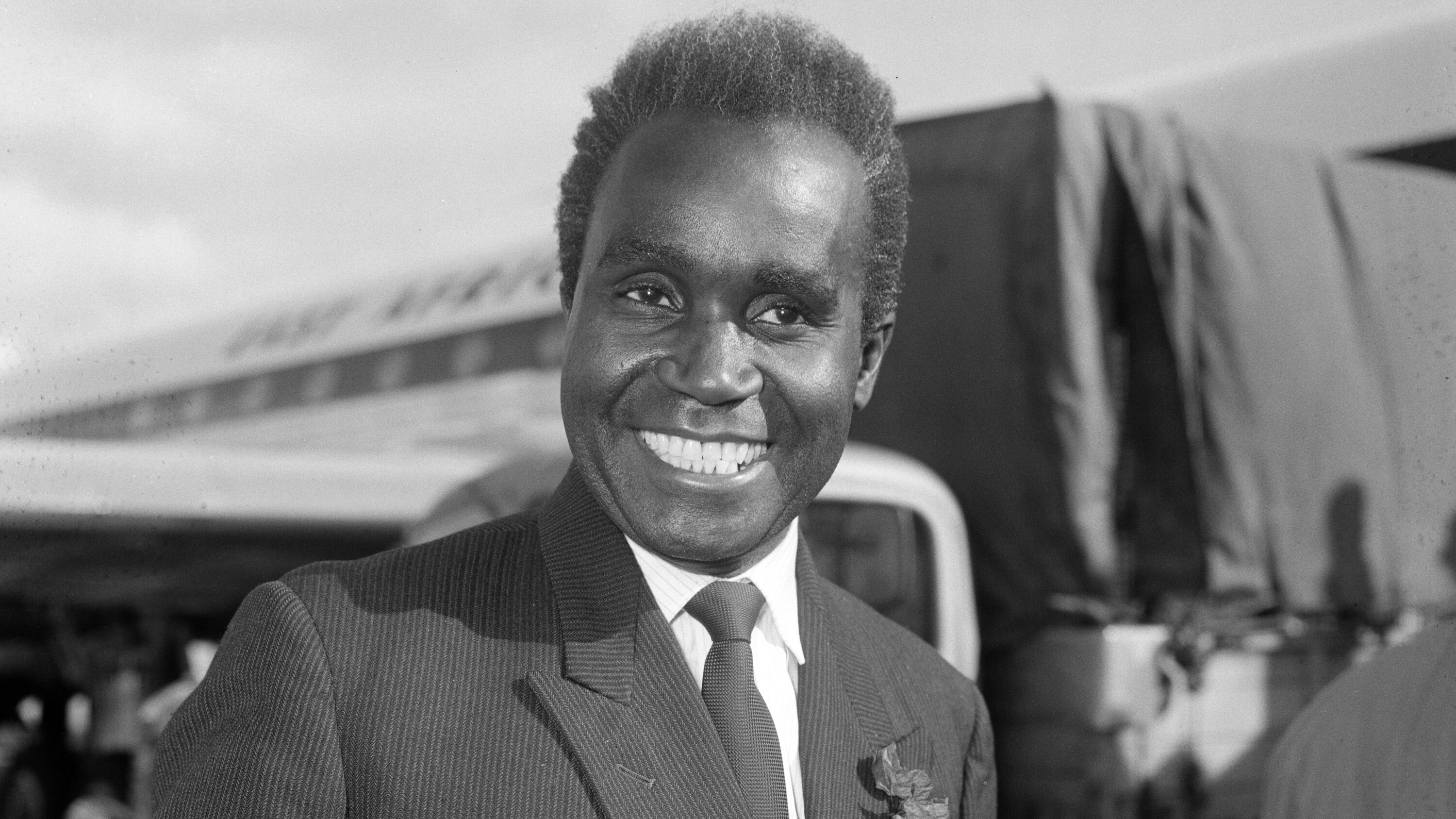Search for topics or resources
Enter your search below and hit enter or click the search icon.

Here is Kaunda, still setting out what he means by “African Humanism,” in the opening chapter of A Humanist in Africa. Here he is arguing that there are certain values in traditional African culture (an admittedly tricky term which he doesn’t really bother to define) which are essential to how politics in post-colonial states operate.
Our love of conversation is a good example of (African enjoyment of people for their own sake). We will talk for hours with any stranger who crosses our path, and by the time we part there will be little we do not know about each other. We do not regard it as an impertinence or an invasion of our privacy for someone to ask us ‘personal’ questions, nor have we any compunction about questioning others in like manner. We are open to the interest of other people. Our curiosity does not stem from a desire to interfere in someone else’s business but is an expression of our belief that we are all wrapped up together in this bundle of life and therefore a bond already exists between myself and a stranger before we open our mouths to speak.
This characteristic of ours can easily be misunderstood. You may remember a little while ago there was a minor scandal when one of my colleagues who had been booked to appear on television in Kitwe did not arrive for the program. It turned out that on his way to the Lusaka Airport, he caught sight of three men by the roadside, one of whom he had known as a boy. Good manners required that he should greet them so he stopped his car and was soon engaged in animated conversation. Only the sound of the Viscount roaring over his head reminded him that he ought to been on the airplane. Now the Western critic might view this incident as irresponsibility or dereliction of duty. He might further claim that this Minister would best have shown his love for the people by fulfilling his television engagement. Nevertheless, it is the besetting temptation of a public servant to be concerned only for people in the abstract and insulate himself from contact with people in particular. I would doubt the genuineness of the love for people of any leader who did not show it in an openness to the claims of specific persons he encountered.
Colonial civil servants have been known to fume with impatience because a never-ending procession of people streams through the office of an African minister, many of them apparently with no purpose other than to say ‘Hello!’ The well-meaning civil servant would claim that these social calls prevent the minister from getting on with his work. But these people are the minister’s work. For us, to talk of ourselves as the ‘servants’ of the people is more than a political platitude. It is a precious part of our culture and tradition. The essence of servanthood is surely availability, openness to the demands of all those who have a claim upon one’s services. This seems to be in a marked contrast to the Western tradition of leadership. The symbol of rank in Western society appears to be unavailability. The more important you are, the more difficult it is for anyone to get access to you unless they are important too. In our tradition, to be known by name to others is to ‘belong’ to them in a very real sense, and therefore the more widely you are known the greater the number of people of all kinds who have the right of access to you. Hence, I do not find it odd if a humble Zambian, unknown to me, takes it into his head to call at State House and greet me. He and I are brothers and to spurn him would be a sin as great as shutting myself off from my own family.
Naturally, some compromise must be achieved between the claims of particular persons and of the people in general or else Government could not function. But this exposure of ministers to casual encounter with the people they are pledged to serve ensures that they do not become soulless machines, answerable for their actions and policies only at election times. It is more important to us that Government should be humane than efficient.
Jake Meador is the editor-in-chief of Mere Orthodoxy. He is a 2010 graduate of the University of Nebraska-Lincoln where he studied English and History. He lives in Lincoln, NE with his wife Joie, their daughter Davy Joy, and sons Wendell, Austin, and Ambrose. Jake's writing has appeared in The Atlantic, Commonweal, Christianity Today, Fare Forward, the University Bookman, Books & Culture, First Things, National Review, Front Porch Republic, and The Run of Play and he has written or contributed to several books, including "In Search of the Common Good," "What Are Christians For?" (both with InterVarsity Press), "A Protestant Christendom?" (with Davenant Press), and "Telling the Stories Right" (with the Front Porch Republic Press).
Topics: